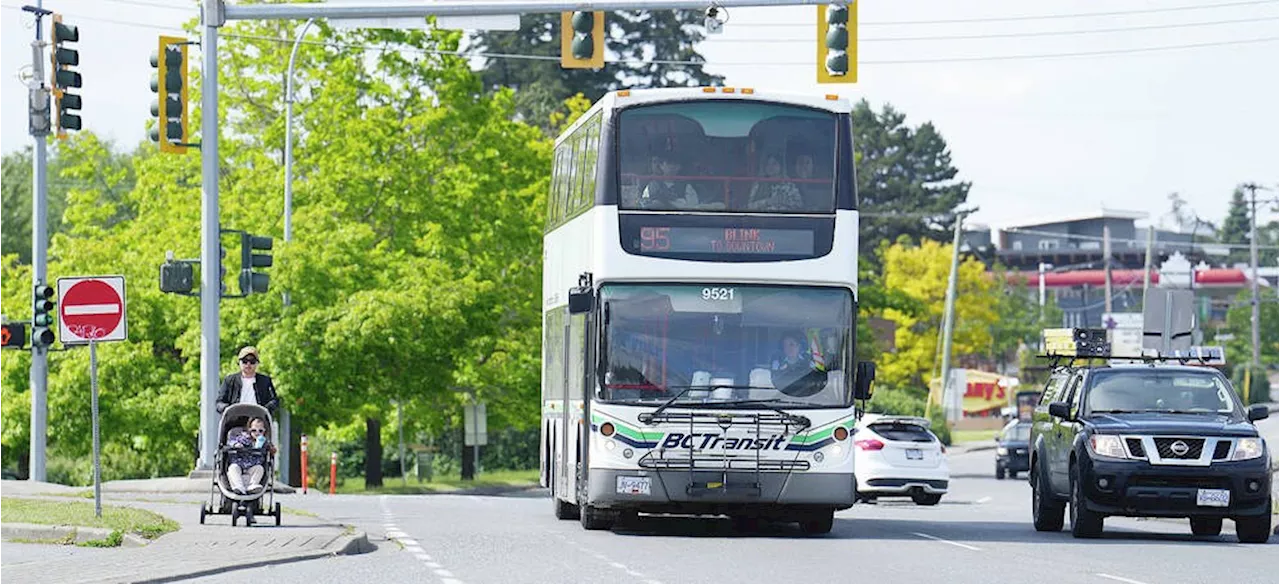British Columbia governments spend about $1,000 annually per capita on roads, $215 to subsidize urban transit, plus about $50 on sidewalks and bikeways, but less than $5 on interregional bus services connecting communities.
Every community has two transportation systems: a network of roads and parking facilities for motorists, plus sidewalks, paths and public transit to serve travellers who cannot, should not or prefer not to drive.According to our analysis,
Inadequate transit services force many travellers to spend more than they can afford on vehicles, and drive under stressful and dangerous conditions, such as over the Malahat during winter. In contrast, between Sooke and Victoria there are 43 daily buses with $2.50 fares. Because service is frequent and affordable, buses serve 22% of that corridor’s peak period trips.
Currently, interregional bus improvements require years of planning and 50% local funding. That is unfair and inadequate; it forces local governments to subsidize non-resident travellers and underinvests in non-drivers.
Malaysia Latest News, Malaysia Headlines
Similar News:You can also read news stories similar to this one that we have collected from other news sources.
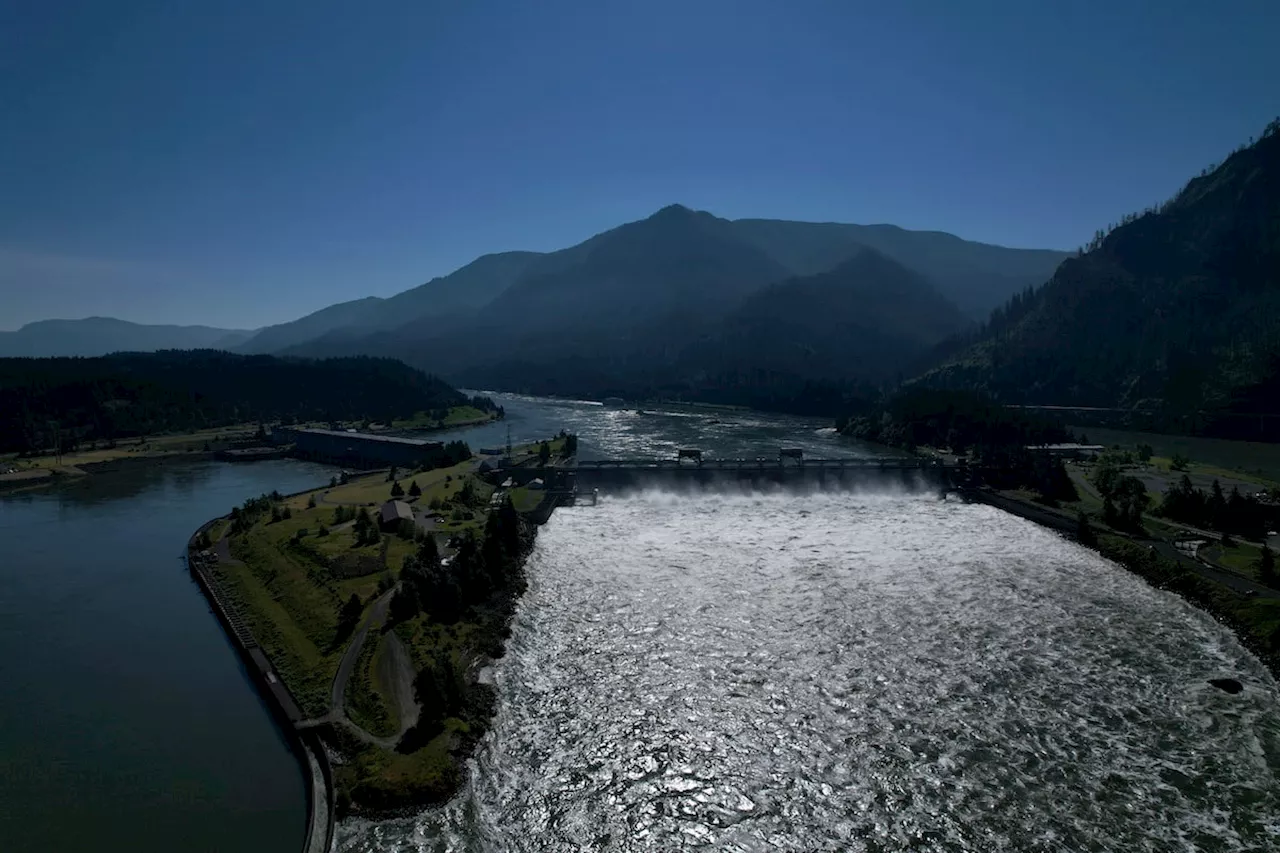 British Columbia to regain control of Columbia River in new agreementThe province will forfeit more than US$1-billion in hydroelectricity revenues, while the U.S. will pay tens of millions of dollars a year for B.C.’s role in holding back flood waters
British Columbia to regain control of Columbia River in new agreementThe province will forfeit more than US$1-billion in hydroelectricity revenues, while the U.S. will pay tens of millions of dollars a year for B.C.’s role in holding back flood waters
Read more »
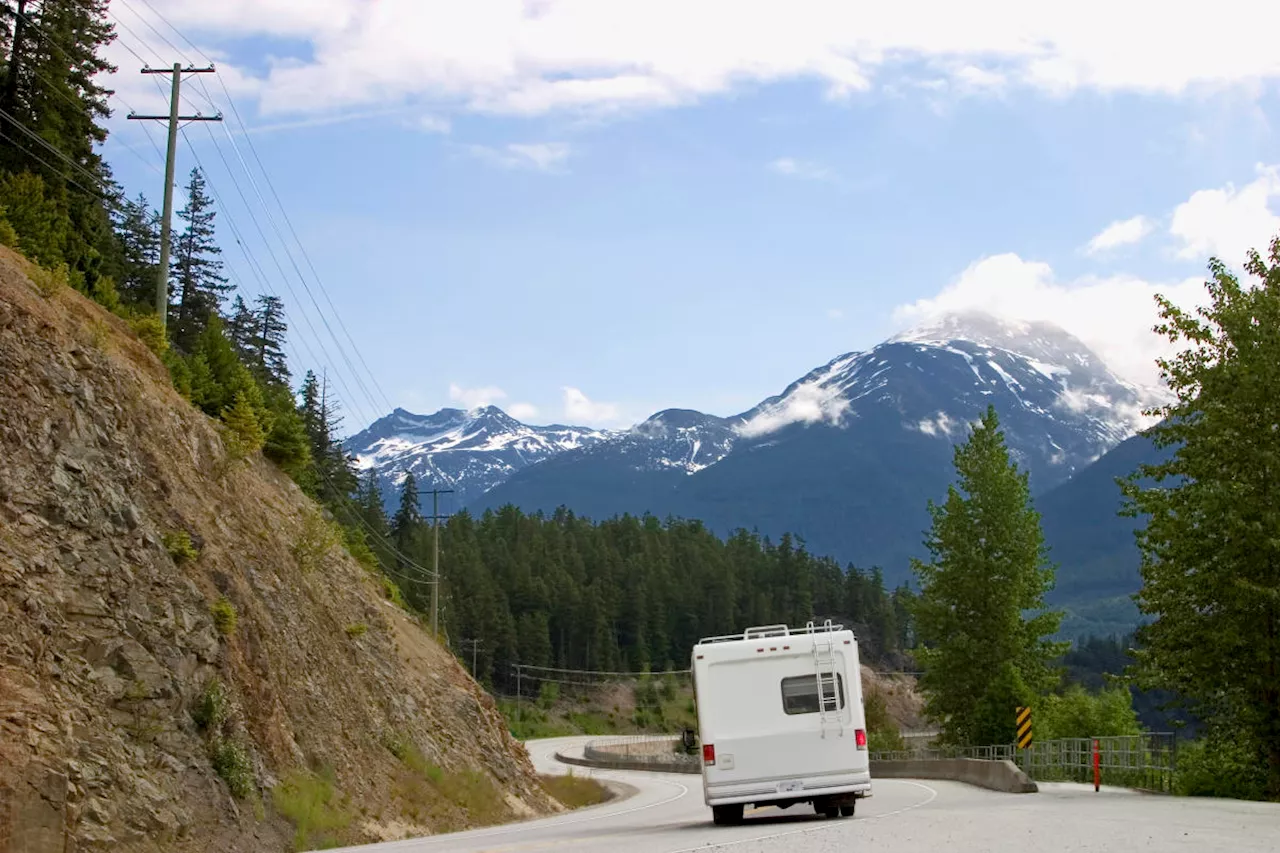 Gas prices: British Columbia cities push national average higherYellowknife was among the few cities where prices fell.
Gas prices: British Columbia cities push national average higherYellowknife was among the few cities where prices fell.
Read more »
 Study finds coal mine contaminants blown onto snowpack in Alberta, British ColumbiaNewly published research has found cancer-causing chemicals downwind from coal mines in southern British Columbia in concentrations that rival those next to ...
Study finds coal mine contaminants blown onto snowpack in Alberta, British ColumbiaNewly published research has found cancer-causing chemicals downwind from coal mines in southern British Columbia in concentrations that rival those next to ...
Read more »
 Study finds coal mine contaminants blown onto snowpack in Alberta, British ColumbiaCancer-causing chemicals are being blown downwind from coal mines in southern British Columbia in concentrations that rival those next to oilsand mines, newly published research has concluded.
Study finds coal mine contaminants blown onto snowpack in Alberta, British ColumbiaCancer-causing chemicals are being blown downwind from coal mines in southern British Columbia in concentrations that rival those next to oilsand mines, newly published research has concluded.
Read more »
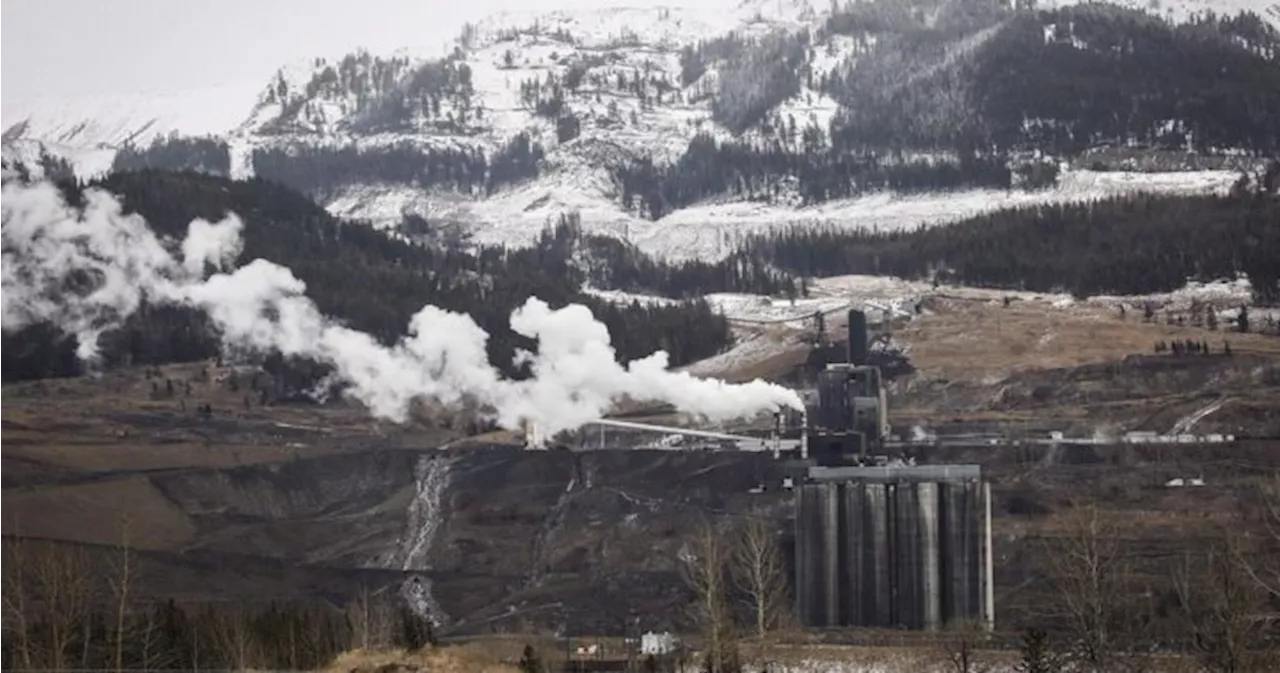 Study finds coal dust blown onto snowpack in Alberta, British ColumbiaNewly published research has found cancer-causing chemicals downwind from coal mines in southern British Columbia in concentrations that rival those next to oilsand mines.
Study finds coal dust blown onto snowpack in Alberta, British ColumbiaNewly published research has found cancer-causing chemicals downwind from coal mines in southern British Columbia in concentrations that rival those next to oilsand mines.
Read more »
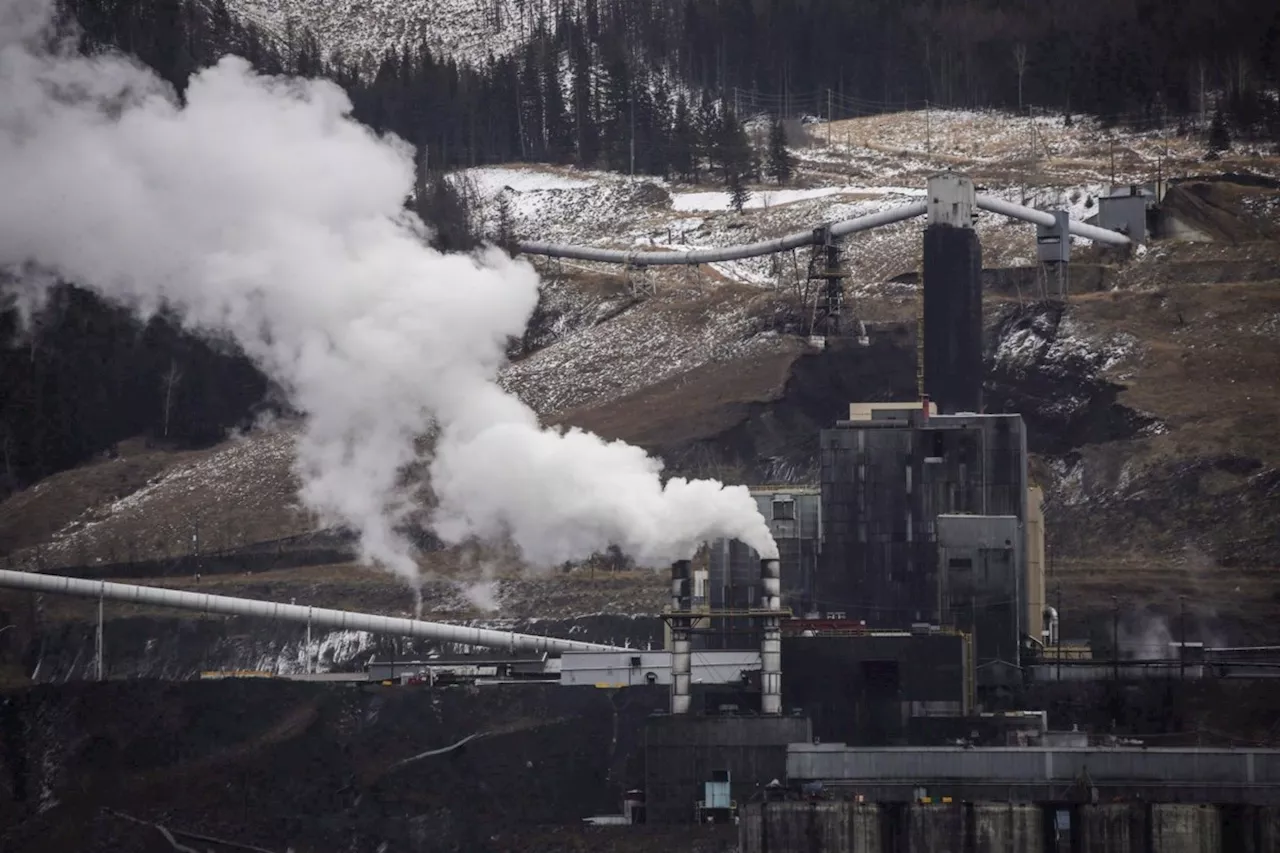 Study finds coal mine contaminants blown onto snowpack in Alberta, British ColumbiaCancer-causing chemicals are being blown downwind from coal mines in southern British Columbia in concentrations that rival those next to oilsand mines, newly published research has concluded.
Study finds coal mine contaminants blown onto snowpack in Alberta, British ColumbiaCancer-causing chemicals are being blown downwind from coal mines in southern British Columbia in concentrations that rival those next to oilsand mines, newly published research has concluded.
Read more »
